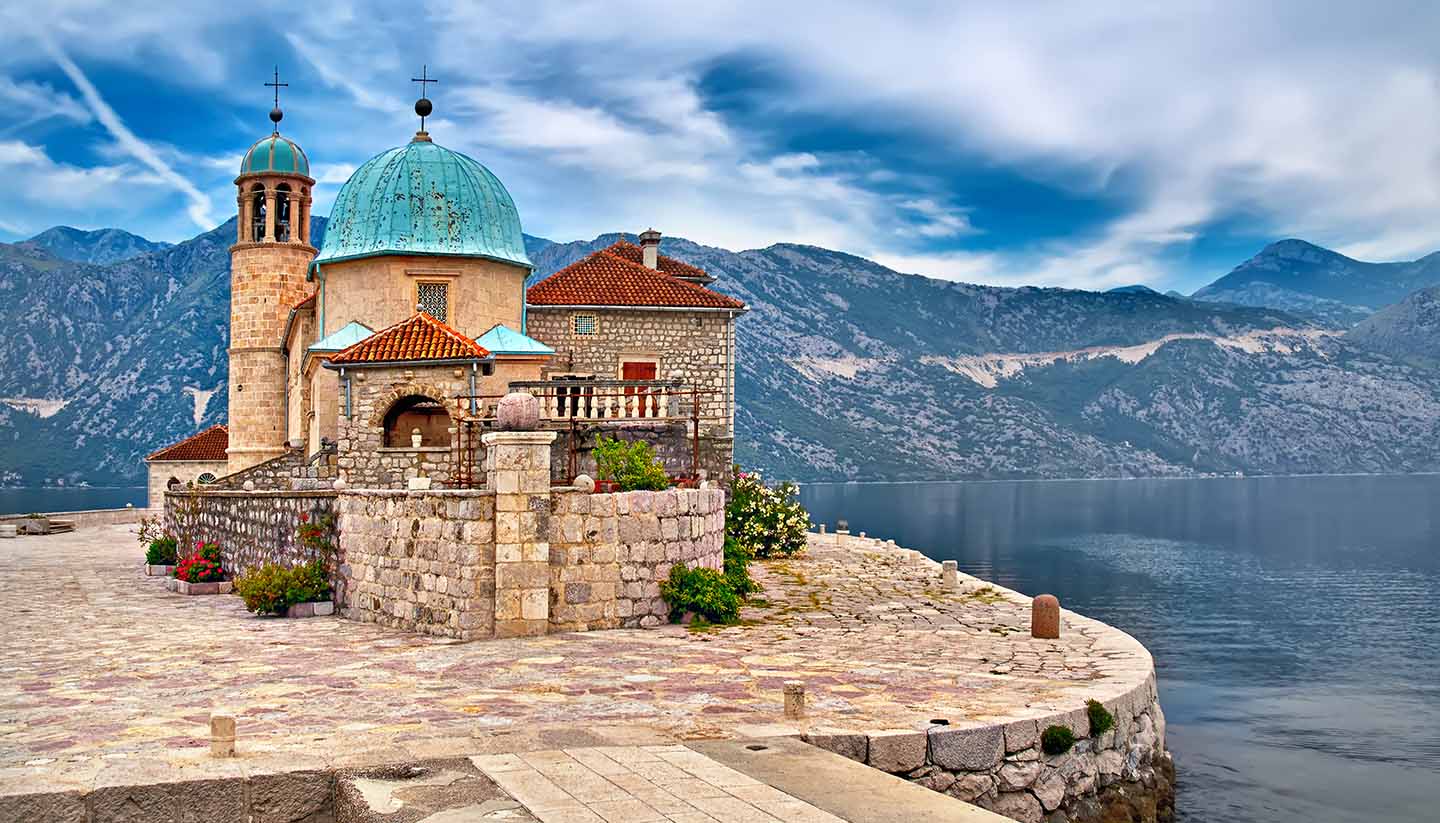Money and duty free for Montenegro
Currency and Money
Currency information
Montenegro uses the Euro (€), even though it is not an EU member or part of the Eurozone. The currency was adopted in 2002, replacing the German Deutsche Mark, which had been in use since 1999.
Euro (€) = 100 cents. Notes are in denominations of €500, 200, 100, 50, 20, 10 and 5. Coins are in denominations of €2 and €1, and 50, 20, 10, 5, 2 and 1 cents.
Credit cards
Credit cards are widely accepted in Montenegro, particularly in urban areas and tourist destinations such as Podgorica, Budva, and Kotor. Most hotels, restaurants, shops, and supermarkets accept Visa, Mastercard, and increasingly American Express.
ATM
ATMs (bankomats) are readily available in cities and major tourist spots, dispensing Euros. Most ATMs accept international cards, but travellers should be aware of foreign transaction fees and consider informing their bank of travel plans to avoid issues.
Banking hours
Mon-Fri 08:00-20:00; Sat 08:00-15:00.
Currency restrictions
Travellers entering or exiting Montenegro with amounts exceeding €10,000 (or equivalent in other currencies) must declare these funds to customs authorities. This includes cash, checks, and other means of payment.
Currency exchange
The primary venues for currency exchange in Montenegro are banks. Major banks such as Crnogorska Komercijalna Banka (CKB), Adiko, NLB, Lovćen, and Adriatic Bank offer currency exchange services.
Montenegro duty free
Overview
The following items may be imported into Montenegro by travellers aged 17 and over without incurring customs duty:
• 200 cigarettes or 100 cigarillos or 50 cigars or 250g of tobacco.
• 2L of spirits up to 22% alcohol volume or 1L of spirits over 22% alcohol volume.
• 4L of non-sparkling wine.
• 16L of beer.
• Goods to the value of €430 if arriving by air or sea or €300 if arriving by land (reduced to €150 for children under 15).
Additionally, Port Montenegro, located in Tivat, offers duty-free and tax-free fuel to both private and commercial yachts, providing a cost-effective refuelling option for maritime travellers.
Banned Imports
Weapons and ammunition, hazardous substances, and endangered species.
This list is not exhaustive. Travellers should consult the official customs website or contact the embassy or consulate near you for the most up-to-date information.
Banned Exports
Unlicensed cultural artefacts, protected fauna and flora.
This list is not exhaustive. Travellers should consult the official customs website or contact the embassy or consulate near you for the most up-to-date information.


